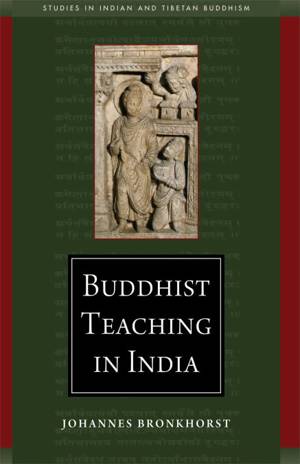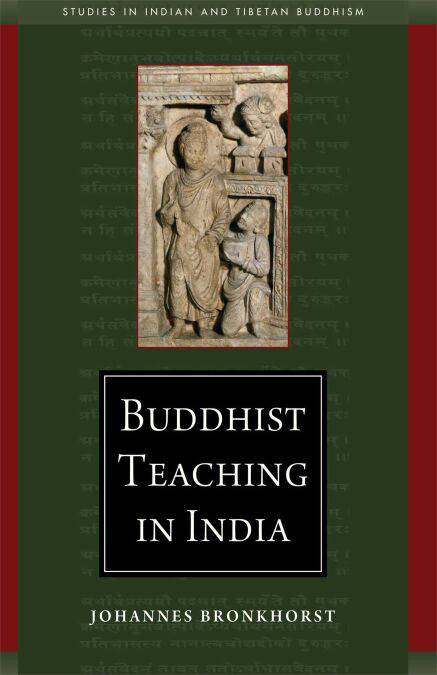
- Afhalen na 1 uur in een winkel met voorraad
- Gratis thuislevering in België vanaf € 30
- Ruim aanbod met 7 miljoen producten
- Afhalen na 1 uur in een winkel met voorraad
- Gratis thuislevering in België vanaf € 30
- Ruim aanbod met 7 miljoen producten
Zoeken
Omschrijving
The earliest records we have today of what the Buddha said were written down several centuries after his death, and the body of teachings attributed to him continued to evolve in India for centuries afterward across a shifting cultural and political landscape. As one tradition within a diverse religious milieu that included even the Greek kingdoms of northwestern India, Buddhism had many opportunities to both influence and be influenced by competing schools of thought. Even within Buddhism, a proliferation of interpretive traditions produced a dynamic intellectual climate. Johannes Bronkhorst here tracks the development of Buddhist teachings both within the larger Indian context and among Buddhism's many schools, shedding light on the sources and trajectory of such ideas as dharma theory, emptiness, the bodhisattva ideal, buddha nature, formal logic, and idealism. In these pages, we discover the roots of the doctrinal debates that have animated the Buddhist tradition up until the present day.
Specificaties
Betrokkenen
- Auteur(s):
- Uitgeverij:
Inhoud
- Aantal bladzijden:
- 264
- Taal:
- Engels
- Reeks:
Eigenschappen
- Productcode (EAN):
- 9780861718115
- Verschijningsdatum:
- 7/02/2013
- Uitvoering:
- E-book
- Beveiligd met:
- Adobe DRM
- Formaat:
- ePub

Alleen bij Standaard Boekhandel
+ 24 punten op je klantenkaart van Standaard Boekhandel
Beoordelingen
We publiceren alleen reviews die voldoen aan de voorwaarden voor reviews. Bekijk onze voorwaarden voor reviews.











